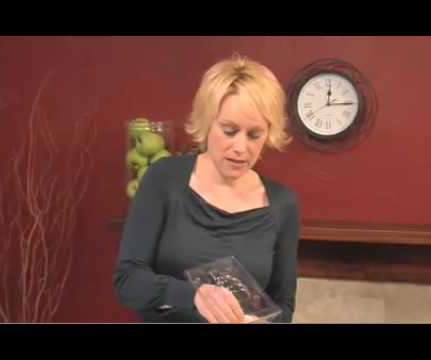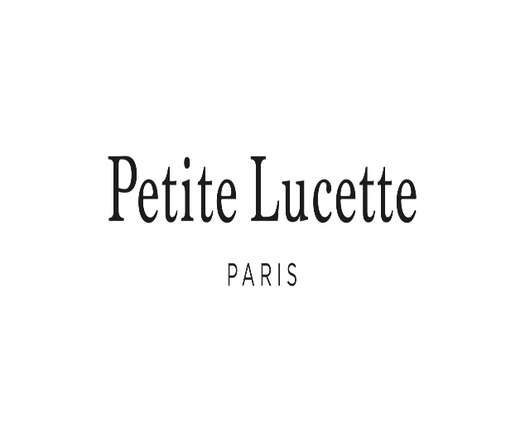BlueNalu is developing innovative cell-based seafood
AGreenLiving
JUNE 9, 2020
Speaking of pollutants, the fishing industry also contributes heavily to beach and coastal pollution through petroleum and plastic waste in the form of broken nets and other debris. . However, the U.S. ” Related: What do Americans think about fake meat products? BlueNalu is all about looking into the future of food production.
















Let's personalize your content